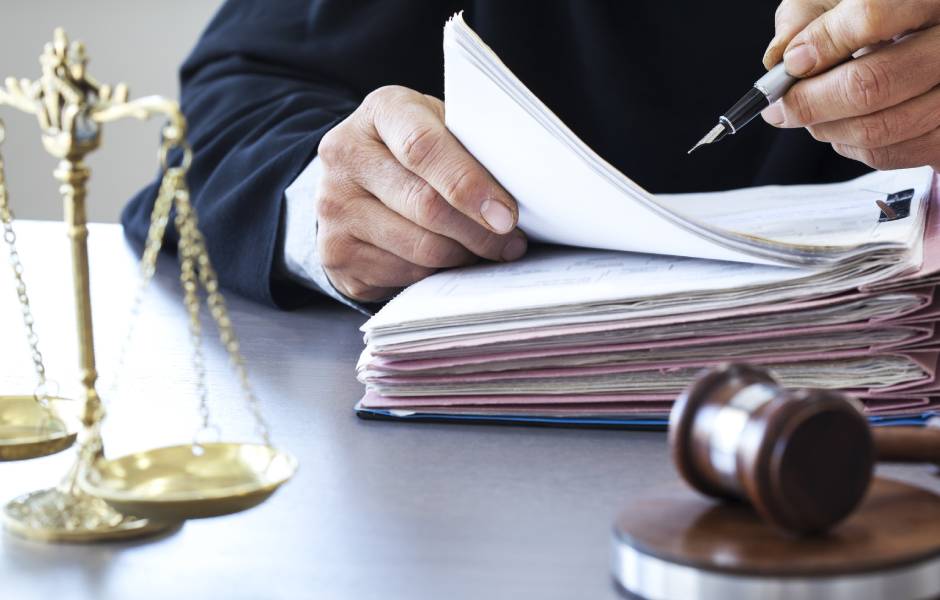
Probate and Trust Attorneys
The sudden death of a person can cause their assets or debt to be left unattended. While some people draw up a will before they pass, others do not so much as involve an attorney in their estate. Still, whether the deceased drew up a will or not, whatever asset or debt they left can be properly managed by a probate lawyer in a probate court of law.
Who Is A Probate Attorney?
A probate attorney is one who has a legal license to work with the direct or perceived beneficiaries of a deceased person’s estate. If the deceased person had taken care of their estate by placing them in a trust, then there would be no need for the services of a private attorney. The trust that had been set up will allow property or finances to be transferred smoothly without any legal proceedings. However, where the deceased did not have a last will nor state their complete assets in a will, then it’s time for a probate attorney to take up the case.
Note that the value of the deceased’s assets also determines whether a probate attorney will be involved. If the deceased left no will, then their direct or perceived beneficiaries may file a claim for whatever assets they believe is their entitlement. Also, in some cases, if the deceased left a will, direct or perceived beneficiaries may file a claim to contest the validity of that will.
Duties of A Probate Attorney
Here are some of the primary duties of a probate attorney:
1. Collection of Insurance Proceeds
One of the core duties of a probate attorney is to assist the beneficiaries of a deceased’s assets in collecting the proceeds from their life and property insurance. The probate attorney will then draft up the necessary documents to transfer the insurance to the beneficiaries.
2. Identification of Security Estate Assets
In a situation where there is no full declaration of assets, a probate attorney will help the decedent’s beneficiaries to identify all of their security estate assets.
3. Assistance In The Payment of Debts
A descendent may or may not just leave assets but also an accumulation of debts. It, therefore, becomes the duty of the beneficiaries to pay off the debt.
Other duties of a probate investigator include:
- Identifying inheritance taxes on estates
- Drafting and preparing the relevant documents necessary for the probate court
- Transferring the assets of the descendent to the rightful heirs after all taxes and bills have been settled
How A Private Investigation Can Help A Probate Attorney
Where a person dies suddenly without a declaration of his or her total estate or a partial declaration of assets in a will, an investigation of such assets must be conducted. These are known as hidden assets and they could include:
- Real Estate
- Jewelry
- Artwork
- Bank, Brokerage, Investment Accounts
- Stocks and Bonds
- Life Insurance Policies
- Among other things
On the other hand, a descendent may make full declarations of their assets in their last will and testament including naming their heirs but there may be no direct contact information for these heirs. This is where the services of a private investigator come in.
A private investigator will help the probate lawyer to trace the location of such missing heirs so as to ensure proper disbursement of the decedent’s assets to the rightful heir(s).
Conclusion
In our years of conducting a private investigation for private attorneys, we ensure to leave no stone unturned until we identify all hidden assets or locate missing heirs. Our testimonials speak for us.
If you have a probate, trust and/or estate issue or concern call CSI Secure Solutions today at!



